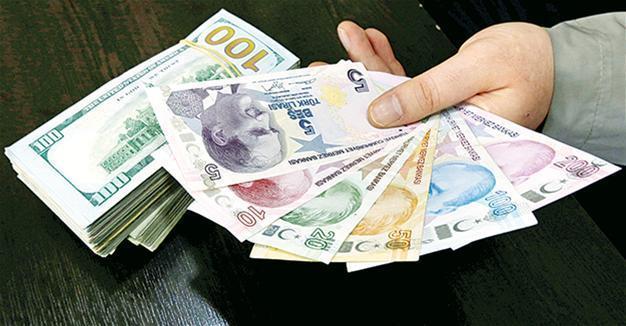Turkish Lira gains against other emerging currencies for first time in 2017
ISTANBUL
 The Turkish Lira became a surprise winner on Jan. 30 by rising 1.2 percent in spite of Fitch’s decision on Jan. 27 to cut the sovereign rating to “junk” and Standard & Poor’s unexpected move to lower the outlook on Turkey’s rating from “stable” to “negative.”
The Turkish Lira became a surprise winner on Jan. 30 by rising 1.2 percent in spite of Fitch’s decision on Jan. 27 to cut the sovereign rating to “junk” and Standard & Poor’s unexpected move to lower the outlook on Turkey’s rating from “stable” to “negative.”While the dollar stayed flat versus a basket of currencies, lower oil and commodity prices dragged other emerging currencies, including South Africa’s rand and Russia’s ruble, lower.
Analysts said Fitch’s move had been expected and priced in already for Turkey, which depends on foreign investment flows to fund its current account deficit – one of the biggest in the G-20.
The lira rebounded to 3.8 late on Jan. 30 from over 3.86 in early trading, as many analysts believed that the worst was over for the currency in the short-term and the Central Bank took a number of key steps, although it was still on track for an 8 percent fall – its worst monthly decline for a January in 23 years, as reported by Reuters.
“We cannot say all of our problems are solved,” a senior banker told Reuters.
“The Central Bank made an uncovered 200 basis points of hike in rates, which we cannot underestimate. As this hike was not made directly, its impact over the markets was not immediate. We have fortunately started to see the positive impact of this move as of today,” added the banker.
Meanwhile, the dollar tumbled against its major peers in Asia on Jan. 30 while regional markets sank in holiday-thinned trade as dealers were spooked by tensions caused by U.S. President Donald Trump’s divisive immigration ban.
















